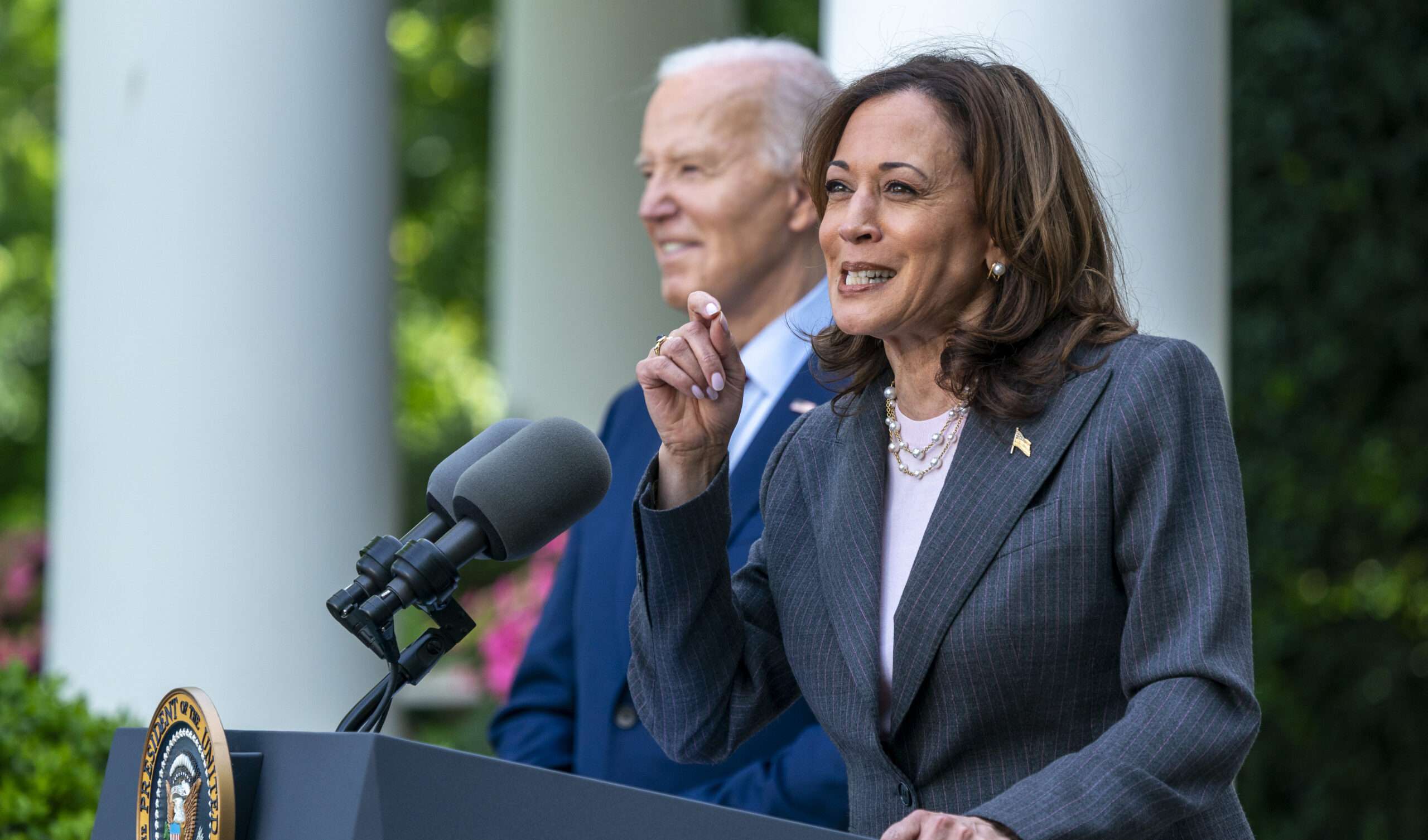Recent revelations have raised questions about the ethics of Justice Samuel A. Alito Jr. after an upside-down American flag, a symbol used to contest Joe Biden’s election win, was flown outside his home following the Jan. 6 Capitol attack. Justice Alito claims his wife displayed the flag in response to a neighbor’s anti-Trump sign, but the duration of its display remains unclear. This incident is just the latest in a series of controversies casting doubt on the Supreme Court’s impartiality.
Justice Alito has faced criticism for his involvement in cases related to the 2020 election, including his decision to participate in cases connected to Jan. 6. Some experts argue that his actions raise questions about potential conflicts of interest and the appearance of bias.
The Supreme Court recently implemented an ethics code, urging justices to avoid any hint of partiality. Displaying an upside-down flag, like Justice Alito did, likely violates these guidelines. However, the enforcement of the ethics code remains unclear, leaving doubts about how violations would be addressed.
The implications of Justice Alito’s actions on the Jan. 6 cases before the court are significant. His involvement in these cases could impact public confidence in the court’s decisions. While some experts suggest he should recuse himself from such cases to avoid any appearance of bias, it is uncertain how Justice Alito will proceed.
Does the Supreme Court’s ethics code require Justice Alito to recuse himself from cases related to Jan. 6?
Ethics experts suggest there is ambiguity regarding whether Justice Alito should recuse himself from Jan. 6-related cases due to the flag incident. The lack of clarity stems from the justice’s claim that his wife, not him, displayed the flag, raising questions about his personal views.
Legal experts compare this situation to Justice Clarence Thomas’s recusal from a case involving a close associate. While Justice Thomas recused himself in that instance, Justice Alito’s involvement in cases related to the 2020 election presents a different ethical dilemma.
Does this situation implicate any other ethical rules or guidelines for justices?
The Supreme Court’s new ethics code emphasizes the importance of avoiding bias or political displays. Justice Alito’s actions, such as displaying the upside-down flag, likely violate these guidelines. However, the lack of a clear enforcement mechanism leaves uncertainty about addressing violations.
The court has warned its employees against engaging in any behavior that could be perceived as politically motivated, including displaying signs or bumper stickers. Justice Alito’s case raises questions about the enforcement and repercussions of violating these ethical standards.
What are the implications for the Jan. 6 cases before the court?
Justice Alito’s involvement in cases stemming from the Jan. 6 attack could impact public trust in the court’s decisions. While some experts suggest he should recuse himself to maintain impartiality, it remains to be seen how Justice Alito will address these concerns.
The court’s decisions on cases related to the 2020 election, including those involving Jan. 6, carry significant weight and could shape public perception of the court’s integrity. The potential impact on public confidence underscores the importance of upholding ethical standards in judicial decision-making.
Jodi Kantor contributed reporting. Julie Tate contributed research.






